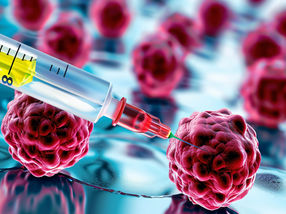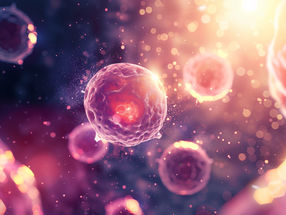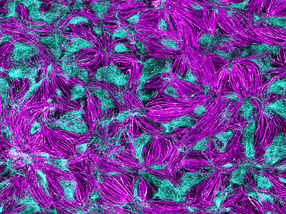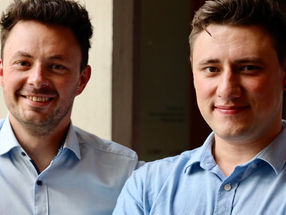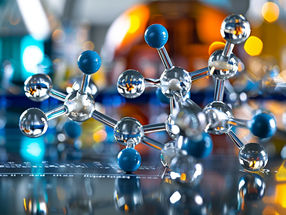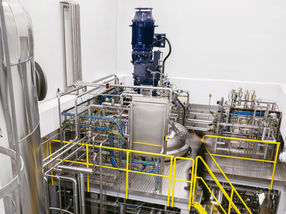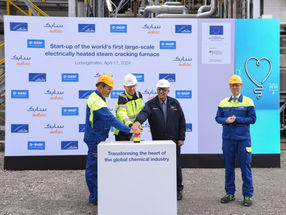ThromboGenics Begins Preclinical Development of Anti-VPAC Antibody for Thrombocytopenia
ThromboGenics NV announced that it will progress with the development of its novel anti-VPAC* antibody for the treatment of thrombocytopenia, including chemotherapy-induced thrombocytopenia.
Thrombocytopenia, which is the reduced number of platelets in blood, is a common severe side effect of chemotherapy and increases the risk of bleeding and severity of haemorrhage, therefore causing the delay or even discontinuation of treatment in cancer patients. There is a high medical need to find a therapeutic that could reduce thrombocytopenia by accelerating platelet production. Blood transfusion, the current standard of care for this condition, offers only a temporary solution for these patients and is associated with significant cost and risk.
Researchers at the University of Leuven and ThromboGenics have developed a novel therapeutic approach, showing that the inhibition of VPAC could stimulate the production of platelets. ThromboGenics has now identified and selected a lead antibody against VPAC to enter preclinical development. VPAC is a receptor present at the surface of bone marrow cells called megakaryocytes, which, when mature, produce platelets. Research published yesterday in Blood describes how the inhibition of VPAC could promote megakaryocyte differentiation. Blood is the official journal of the American Society of Hematology (ASH).
Original publication: Kathleen Freson, Karen Peeters, Rita De Vos, Christine Wittevrongel, Chantal Thys, Marc F Hoylaerts, Jos Vermylen and Chris Van Geet; "PACAP and its receptor .VPAC1 regulate megakaryocyte maturation: therapeutic implications; " Blood 2007.
Organizations
Other news from the department research and development

Get the life science industry in your inbox
From now on, don't miss a thing: Our newsletter for biotechnology, pharma and life sciences brings you up to date every Tuesday and Thursday. The latest industry news, product highlights and innovations - compact and easy to understand in your inbox. Researched by us so you don't have to.


